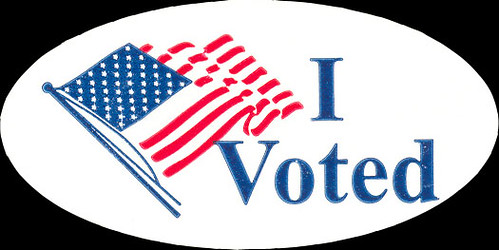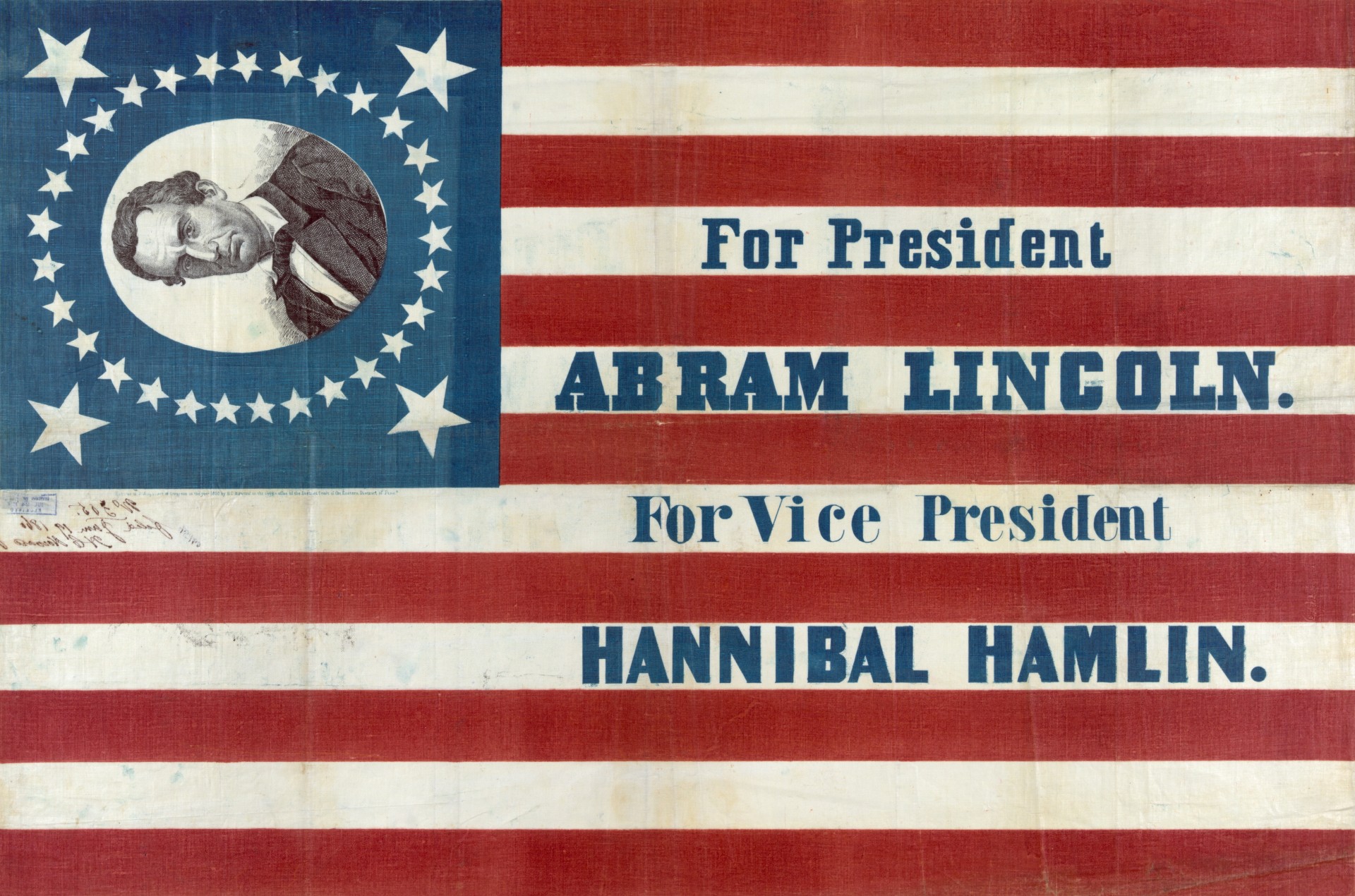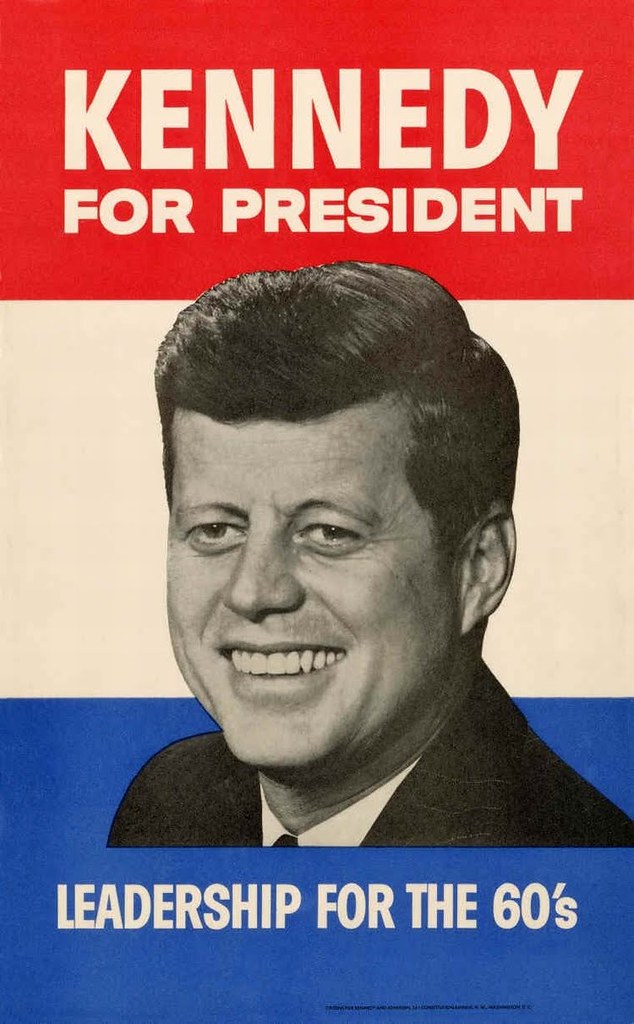It was Ian's death, partly, that motivated me to preach on mental illness this month at South Lansing Christian Church.
I began the series by debunking two myths about Christians and mental illness.
Myth #1: God’s followers don’t struggle with depression, anxiety or any other form of mental illness.
I know that's just not the case for two reasons. First, the Bible addresses depression and anxiety.
Psalm 43:5 (HCSB)Why am I so depressed? Why this turmoil within me? Put your hope in God, for I will still praise Him, my Savior and my God.
1 Peter 5:7 (NIV)Cast all your anxiety on him because he cares for you.
Philippians 4:6-7 (NIV)Do not be anxious about anything, but in every situation, by prayer and petition, with thanksgiving, present your requests to God. And the peace of God, which transcends all understanding, will guard your hearts and your minds in Christ Jesus.The fact that God's word talks about depression and anxiety is powerful evidence that God's people can, and do, struggle with mental illness.
Not only that, but some of the heroes of the faith struggled with depression and anxiety. Who wrote the three verses I just mentioned? King David, and the Apostles Peter and Paul. And they're not alone. The Prophet Elijah was so depressed that he wanted to die. King Solomon had a seemingly perfect life, but he was trapped in a nihilistic spiral of meaninglessness. And Job, whom the scriptures describer as "upright and blameless," became so depressed that he despaired the day of his birth.
If you're a Christ follower who has struggled with depression, anxiety or another mental illness the simple fact is this: you're not alone. Other believers have struggled, too.
Myth #2: Depression, anxiety and other forms of mental illness are evidence of spiritual weakness.
Some of the great Christians of our more recent history struggled with depression and anxiety.
Charles Haddon Spurgeon was the greatest preacher in nineteenth century Europe. He preached to a congregation of 10,000 people every week in London. Yet there were times that he was so debilitated by depression that he could barely function.
Carlos Whittaker is a blogger, musician and worship leader who struggles with panic and anxiety and, what he calls, “it’s ugly cousin, depression.” There are times when he arrives at church to lead worship and he has to sit in his car and do breathing exercise before he can get out and walk into the church building.
A recent study detailed that one in four pastors have struggled with mental illness.
Depression, anxiety, and other mental illnesses are no more a sign of a weak spiritual life than kidney disease or nearsightedness. They are a reminder that we live in a fallen world that longs for God’s restoration and redemption.
Here's the fact about mental illness: it is no respecter of persons. All of us are susceptible and will, at one point or another, personally experience a mental illness or know someone who has.
If you're someone who struggles with depression, anxiety or some other form of mental illness know this: you're not alone. There are resources and people who are here for you. (You can find a list of mental health professionals that our church recommends here.)

.jpg)



